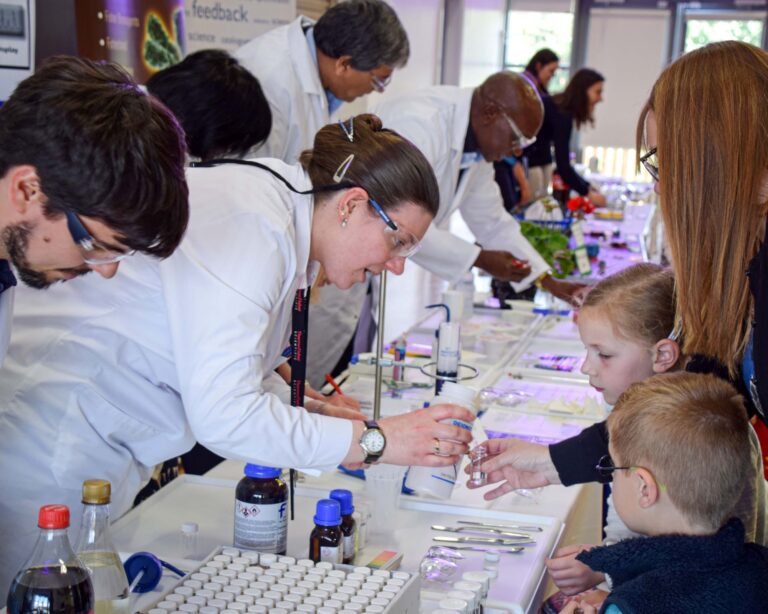Traditionally, knowledge transfer from academia has focused primarily on the commercialization of industrial and business knowledge. In recent years, however, there has been growing recognition of the importance of transferring research-based knowledge that is not commercially viable from academia to the public in various forms. In light of this, the Israel National Council for Research and Development (MOLMOP), in coordination with the Planning and Budgeting Committee (VATAT), initiated a study aimed at providing an up-to-date picture of researchers’ involvement in transferring knowledge to the public and proposing metrics to assess this activity.
The current study, conducted at the Shmuel Naaman Institute, focused on reviewing international practices for defining, measuring, and encouraging social engagement among academic staff in countries such as the UK, the Netherlands, Australia, and New Zealand. The report includes an analysis of existing reports on metrics for social engagement by researchers, a review of metrics for measuring research impact on society by the Times Higher Education Impact Ranking, and an examination of incentive models at universities in Europe.
Additionally, the report reviewed two research papers addressing the motivations of academic staff for social engagement and the involvement of academic institutions in the United States. The findings highlight the importance of providing flexibility for academic staff in their level of community engagement and the need to develop a reward system that encourages social involvement within academia.
In conclusion, the study emphasizes the need for mapping the public activities of academic staff and higher education institutions in Israel. From this mapping, appropriate metrics will be developed to assess social involvement. The conclusion is that developing meaningful metrics in Israel will require further research, which will build upon the findings from the international review and the local context.












